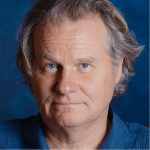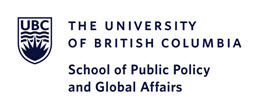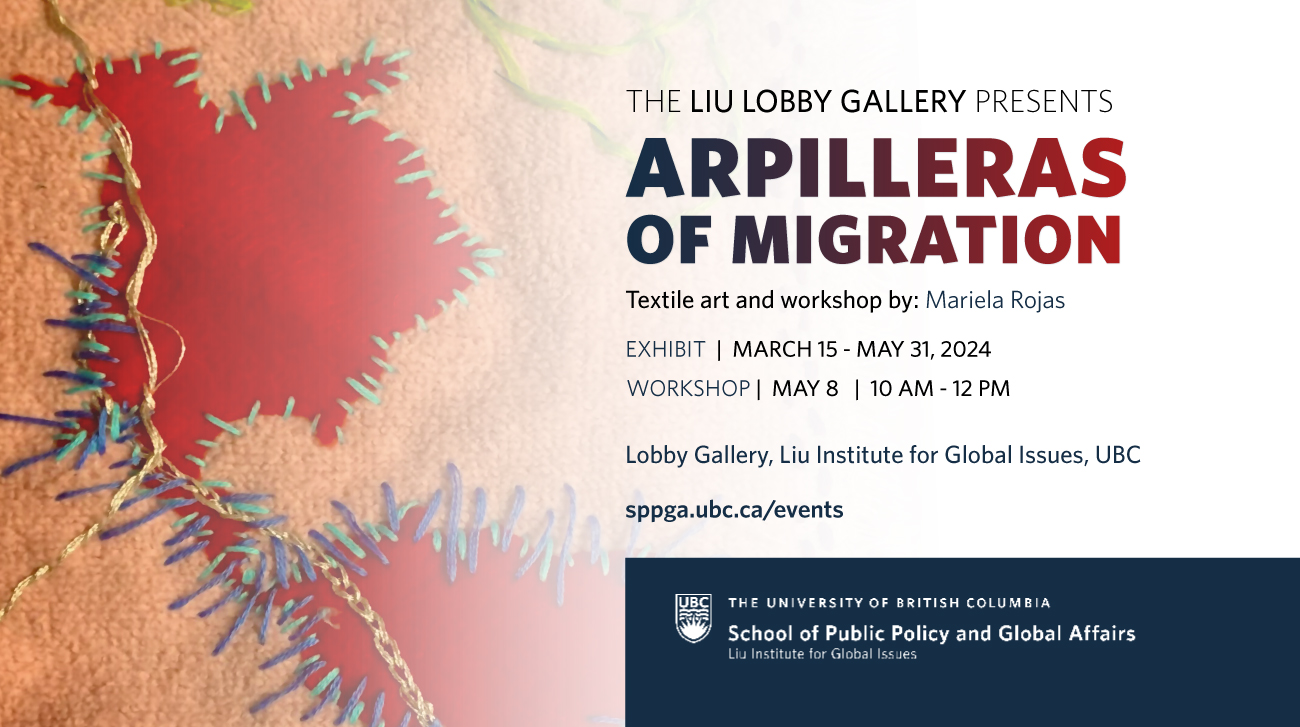Join us for this special talk by Professor Wade Davis Lecture titled “If We Build It They Will Come: Industrial Folly and the Fate of Northwest British Columbia.”
Tuesday, January 9th, 2018
12:30 pm – 2:00 pm
Multipurpose room, Liu Institute for Global Issues
Pizza lunch offered, including gluten-free and vegetarian
Watch his talk on the Liu Institute Facebook page or on our YouTube channel.
  |
Wade Davis, UBC Professor of Anthropology and best-selling author, will explore how mega-development schemes that have been proposed or enacted in northwest British Columbia since the late 1960s hamper our ability to shift from an economy dependent on natural resource extraction to one based on knowledge, technology and innovation.
In the whirlwind of controversy surrounding the Site C dam, Premier Horgan and the NDP had to decide whether to spend $2 billion to clean up a $2 billion mess inherited from the previous government, or go ahead with the project, mortgaging the province’s future for a white elephant that few wanted and, according to many technical reports, nobody needed. In the end, under pressure from union supporters, Horgan took the politically expedient decision to proceed, despite anticipated costs well in excess of $10 billion, all for a project that on the campaign trail only months before he had vociferously rejected for sound economic, technical and environmental reasons. If many British Columbians were disappointed by the decision, many more were stunned to learn that the Liberal government of Christy Clark had committed the province to such industrial folly in the first place.
In point of fact Site C is but the latest in an entire catalogue of pharaonic schemes proposed over the last decades. That federal and provincial governments have squandered and continue to squander hundreds of millions of dollars on unrealized mega-development schemes often comes as a surprise to urban Canadians, for much as we like the idea of the north, few of us ever go there. Gordon Campbell, in his decade as premier, never visited the northwest quadrant of British Columbia, even as his government endorsed and funded capital-intensive initiatives that promised to fundamentally transform the region.
This lecture considers the fate of just five such projects, all transformative in scale, that have been proposed or enacted in northwest British Columbia since the late 1960s. All of them centered in the drainage of the Stikine River, the traditional territory of the Tahltan First Nation, a vast and remote region roughly the size of Switzerland. Together they tell a story of fantasy, folly, avarice and corruption that to this day shadows our quest to move our economy from one dependent on natural resource extraction to one based on knowledge, technology and innovation, a transformation that is the key to true and lasting prosperity in a globalized economy.
Bio: Wade Davis is Professor of Anthropology and the BC Leadership Chair in Cultures and Ecosystems at Risk at the University of British Columbia. Between 1999 and 2013 he served as Explorer-in-Residence at the National Geographic Society and is currently a member of the NGS Explorers Council and Honorary Vice-President of the Royal Canadian Geographical Society. Author of 20 books, including One River, The Wayfinders and Into the Silence, winner of the 2012 Samuel Johnson prize, he holds degrees in anthropology and biology and received his Ph.D. in ethnobotany, all from Harvard University. His many film credits include Light at the Edge of the World, an eight-hour documentary series written and produced for the NGS. Davis is the recipient of 11 honorary degrees, as well as the 2009 Gold Medal from the Royal Canadian Geographical Society, the 2011 Explorers Medal, the 2012 David Fairchild Medal for botanical exploration, and the 2015 Centennial Medal of Harvard University, the 2017 George Ryga Award for Social Awareness and from the RCGS the 2017 Sir Christopher Ondaatje Medal for Exploration. In 2016, he was made a Member of the Order of Canada.
This talk is presented by UBC’s School of Public Policy and Global Affairs.
  |
